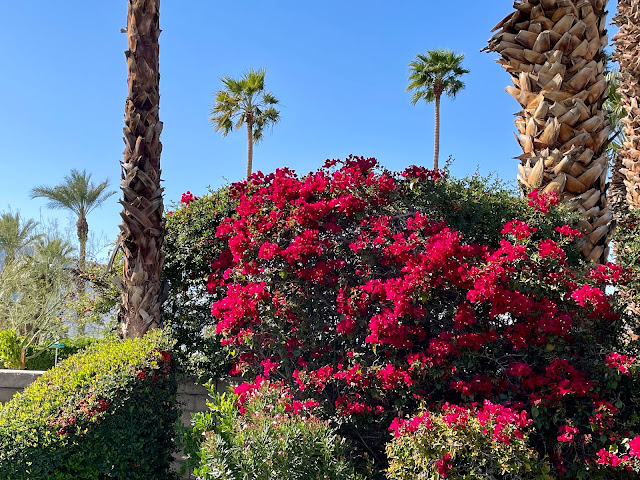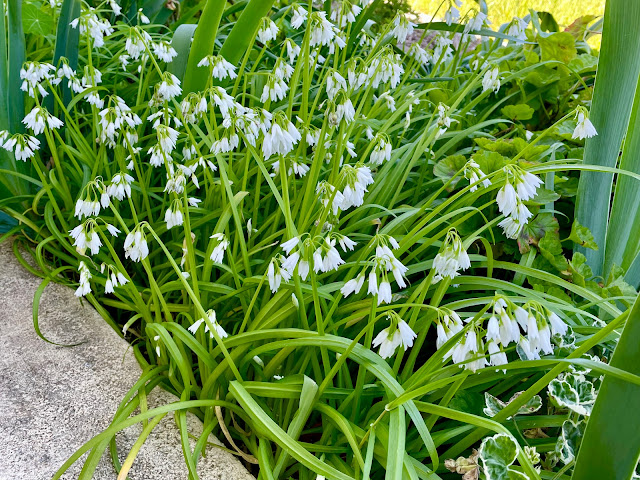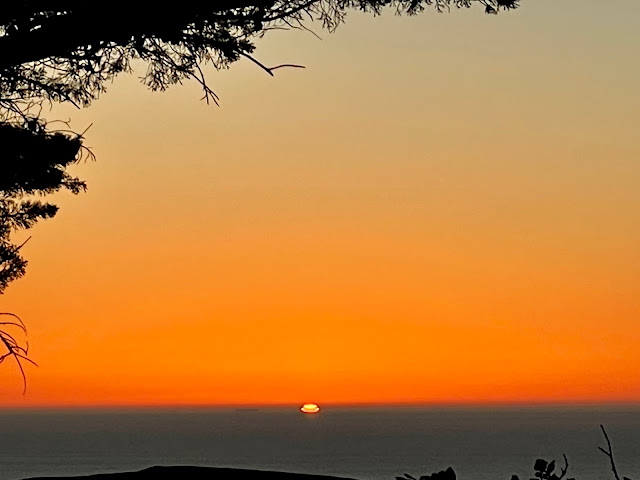It didn't take long for humans to turn the Spring change into ritual and events.
Some regard spring as the new year, others call it a resurrection of the sun. Egyptians, Persians, and Chinese advanced celebrations with eggs. Anglo Saxons celebrated fertility and the "moon goddess." Druids too celebrated a goddess of fertility, known as a Flower Woman.
The Dionysian Mysteries were one of the Greek's mystery cults observing spring rites. They essentially drank or drugged themselves to the point of "loosing control," so the power of their gods or the universe could enter them.
There were elaborate observations of the solstice at ancient stones and archeological mystery sites. Some dug up decayed pigs. Cultures picked flowers and danced around around poles.
Islam celebrates Ramadan. Jews observe the feast of the Passover. Christian's observe the passion of the Christ. Holy week features Palm Sunday, a triumphant entry, marred by Maundy Thursday a betrayal and arrest, Good Friday when Jesus is executed on a cross, Easter Sunday when Christians celebrate the resurrection of the Son.
It seems we cannot see the greening of the season, blooming of trees and flowers, the warming of the sun and not think of life, maybe new life from the dead of winter or more.
Well, here's a little anthropological story. I call it
THE RESURRECTION TURTLES
My brother John and I somehow won a couple of little turtles at an elementary school Ice Cream Social. It might have been one of those fishing games, or musical chairs, I can't recall. We went home with two turtles, in little boxes along with turtle food.
We acquired an old fish tank, and built our turtle "biome" with clumps of dirt, grass, twigs and leaves. The turtles flourished and we lavished them with attention. They were our first pets and we loved them.
As fall came on we noticed they were getting sluggish, not eating all of their food and we worried. One morning we discovered the turtles had crawled under some of the dirt clods and were not moving. Mom said they must have gotten old and died. She promised to bury them near the back stoop and put a rock on the ground so we could remember them. We got on and eventually the loss had less sting.
Spring came and one day my younger brother John, a bit of a rascal, even at that age, suggested we dig up the turtles so we could have turtle skeletons. Sounded interesting to me so we proceeded. We moved the rock and began to dig. Instead of finding skeletons, we found a turtle, fully intact and it seemed to be alive. It turned its curious head our way. We dug on and found the second turtle, not as animated, but clearly not a dead skeleton.
We called them our Resurrection Turtles and went about the neighborhood telling about it. Our turtles were Resurrection Turtles.
Mom, somewhat amazed and somewhat embarrassed soon realized the turtles had been merely hibernating. She did a good thing in burying them by the back stoop.
Soon she and dad began to explain to us, the difference between death and hibernation and advised us the turtles were not really resurrected. But still, after all these years, I can remember the surprise, the elation, the wonder and the chuckles about our "resurrected" turtles.
To this day the grass still seems greener, the flowers more beautiful, the world a little brighter and more joyful at Easter. However you observe or reflect at this time of year, I hope it brings a sense of renewal, energy, cheer and warmth.
Our celebratory inclination is as old as the first human spring.
See you down the trail.



















































